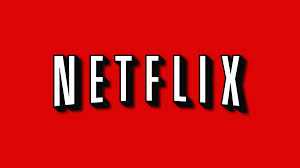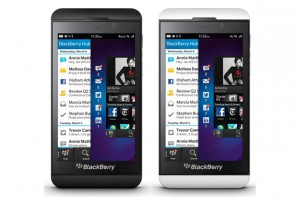In this Harvard Business Review’s blog post written by Michael Fertik, it becomes clear that one should never start a business with University friends. It is hard no to agree with this compelling case when 99.998% of all entrepreneurs fail when they decide to create join up with a friend. The blog points out many reasons that should deter one from attempting to beat these overwhelming odds. Firstly, Fertik points out that if the friends graduated from the same school with the same degree, there “blinders” will be the same. This means that the partners will see the world the same way and will not venture out of the zone which they were instructed to be in. This does not mean however though, that they will deal with pressures and make decisions in similar ways. That is because every person has a different set of values that are ingrained in them. On the surface, both of the partners will understand how they are supposed to act as co-founders, but when it gets to the difficult and gut wrenching choices, opinions will likely vary. Ultimately though, it comes down to the fact that relationships made in the University environment can be artificial and one might not know their partner like they thought. It is after examining all of these factors that make it difficult to imagine how people with the same tool set can successfully and profitably enter the world of business.
Link to Michael Fertik’s blog post: http://blogs.hbr.org/2013/11/dont-start-a-company-with-your-business-school-pals/



Recent Comments